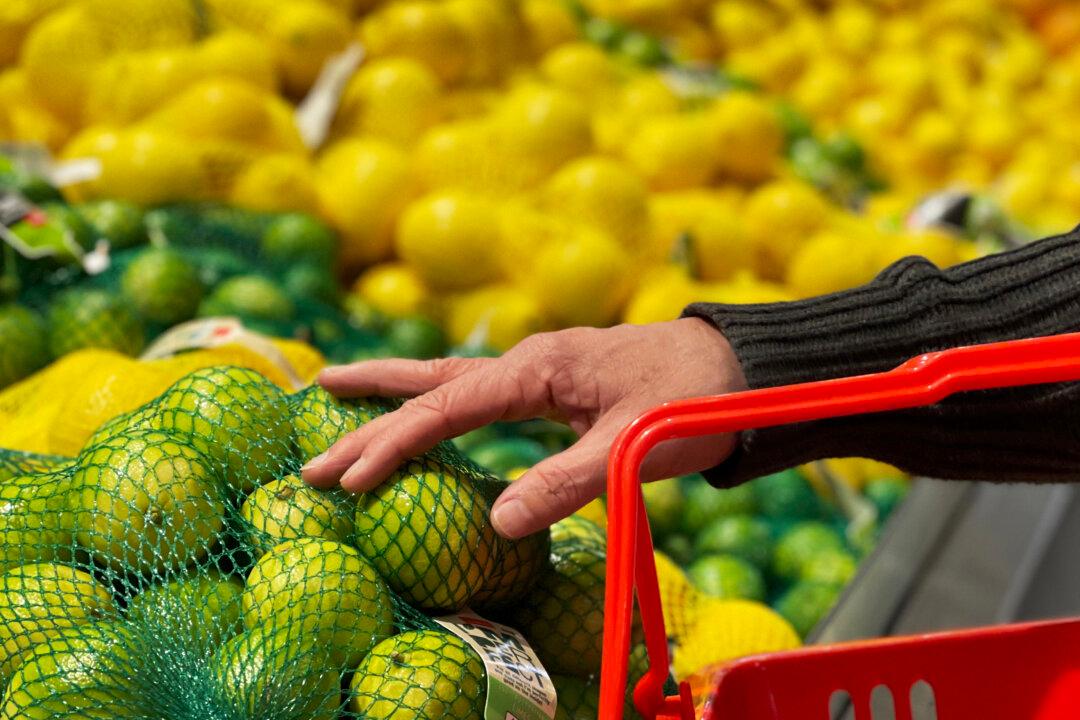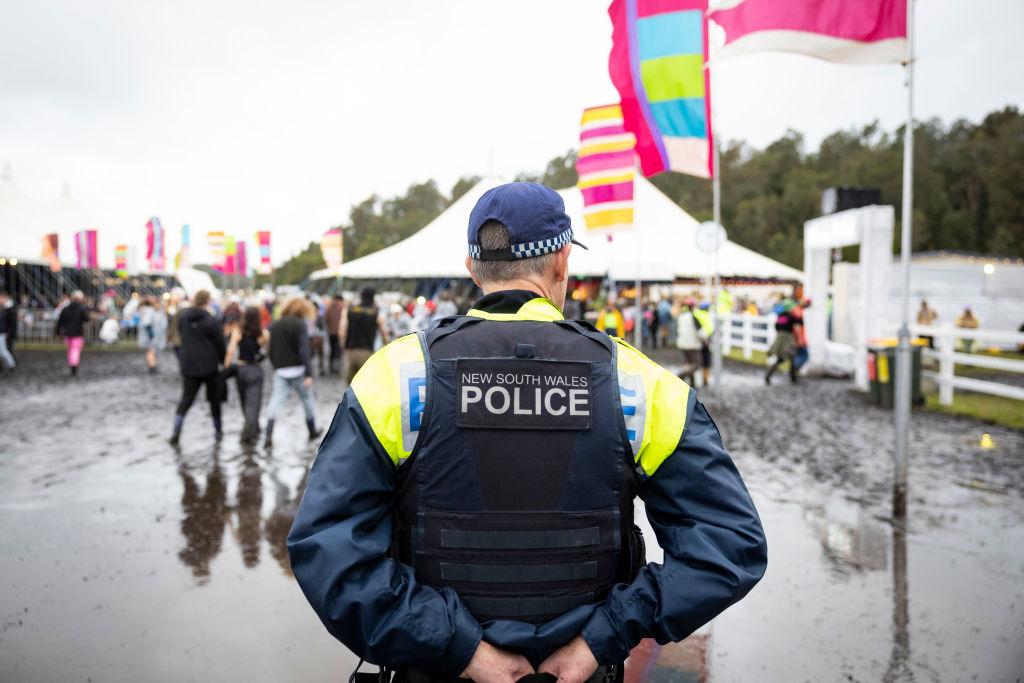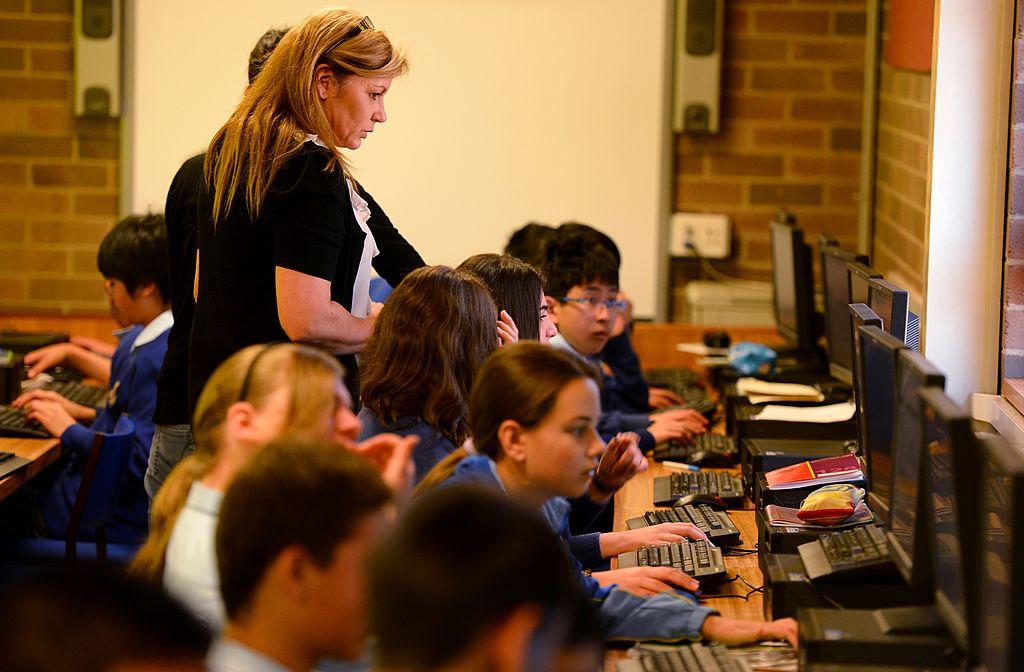Over 40 percent of Australians now describe themselves as poor, marking a record-low sense of belonging in the nation.
About 12 percent say they sometimes go without food and 22 percent cannot afford medical care, according to a survey of 7,500 people by the Scanlon Foundation Research Institute.





